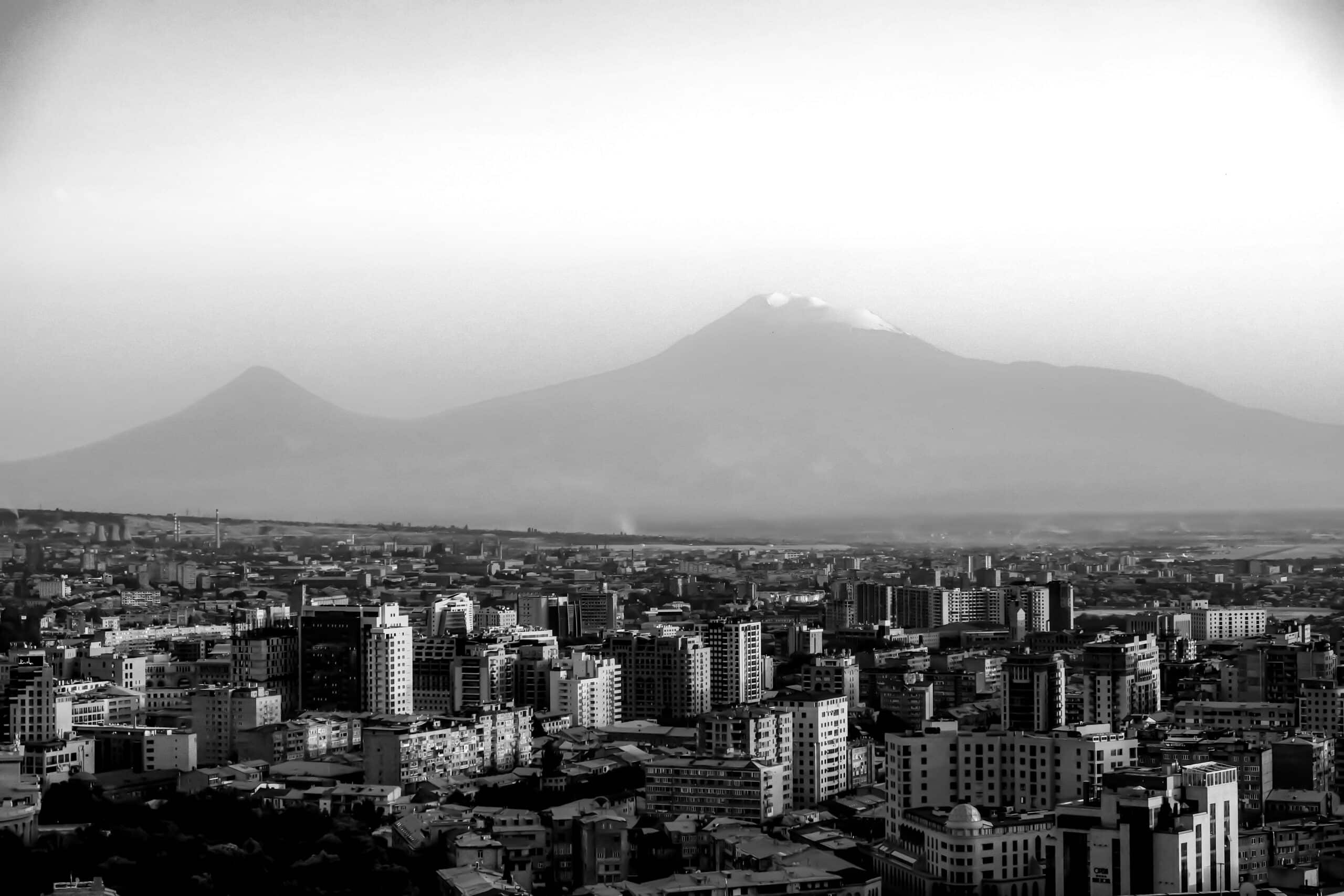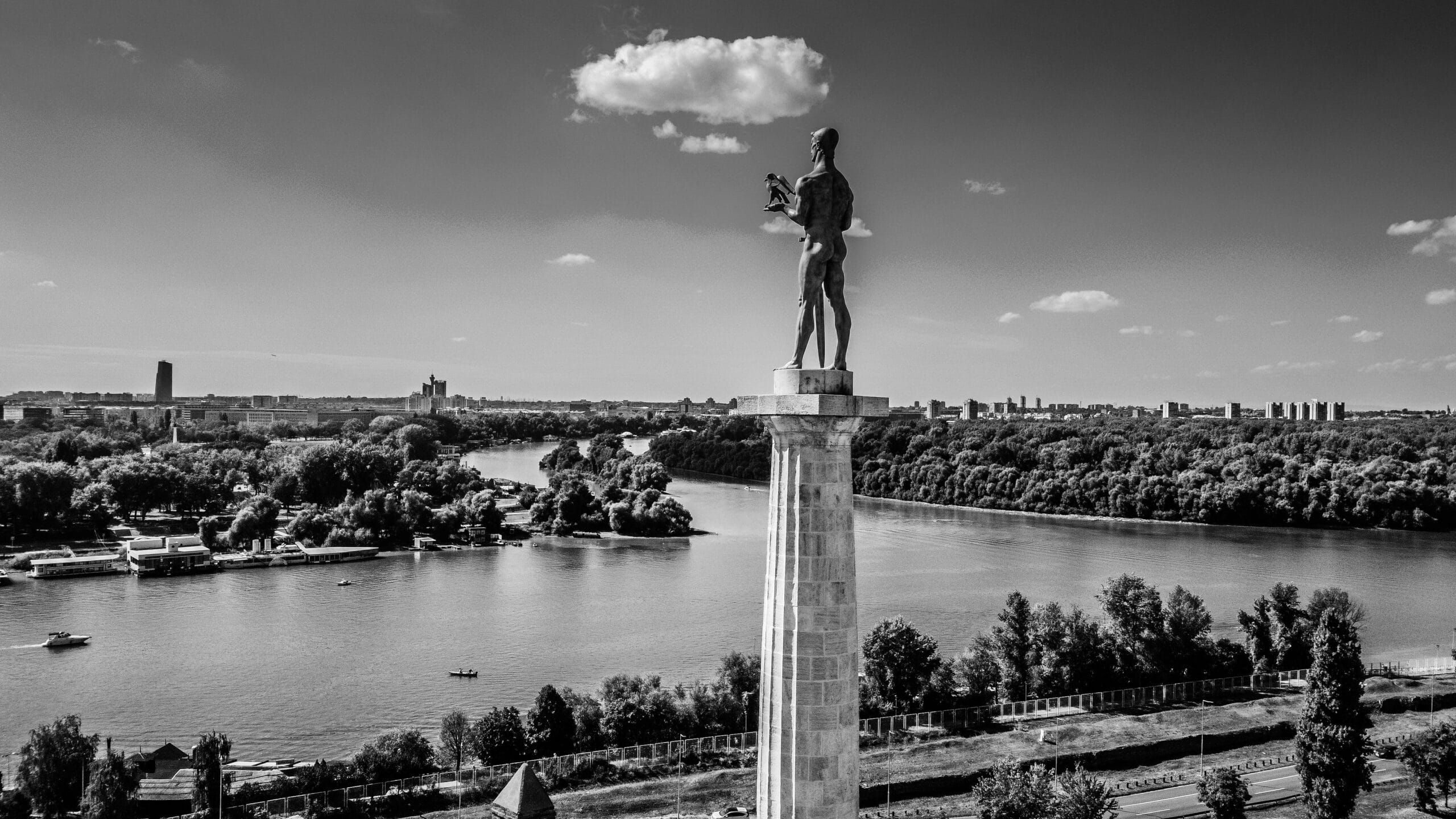Si chiama Mark Gebrael. È un giovane imprenditore, 29 anni, cristiano, parla perfettamente tre lingue, arabo, francese e inglese. What else? Vive in Libano e il suo sogno è quello di ottenere il visto quanto prima. Direzione Francia – ex padrone coloniale del Libano come l’ha definita Raghida Dergham [1].
Una Francia che continua, imperterrita, a fidarsi dell’attuale corrotta classe politica libanese limitandosi ad organizzare conferenze internazionali e raccogliere soldi da destinare al Paese del Cedro.
“Non ci aiutano con i soldi. Abbiamo bisogno di supporto fisico. Vogliamo vedere una Francia più impegnata fisicamente in Libano. Dobbiamo percepirla la loro presenza e devono farla percepire a questa leadership incapace. I soldi finiranno nelle mani dei politici, andranno a finanziare Hezbollah. Abbiamo, forse, bisogno di questo noi?”
A proposito di soldi: il “governo”, questa creatura mitologica nel paesaggio decisionale libanese, ha promesso aiuti economici alle vittime del 4 agosto.
Chi ha mai visto questi soldi? Circolano nelle sale del Parlamento, ma nelle strade del paese stentano ad arrivare.
“Sono al potere da più di quindici anni, non vogliono staccarsi dalla poltrona, sono sempre più ricchi a spese nostre e sono più intoccabili che mai. I miei cugini e i miei nonni vivono vicino, più o meno, al porto, ma, per fortuna, non si trovavano in casa”. È stato una tragedia quel giorno. Un trauma psicologico per l’intero paese.
“C’è un ulteriore problema oggi: non Hezbollah, ma il potere che detiene l’organizzazione. È una presenza ingombrante. Comanda a casa nostra. Specialmente in noi cristiani è ancora vivo il ricordo della guerra. Io ho avuto la fortuna di non sperimentarla sulla mia pelle, ma i miei genitori e i miei nonni me l’hanno raccontata, loro stessi sono l’immagine delle atrocità della guerra. Noi, la nuova generazione, siamo cresciuti – o meglio, ci hanno cresciuto – con l’idea dell’appartenenza religiosa. Ci è sempre stato detto di difendere la nostra fede, ma oggigiorno a cosa serve? Siamo un paese unico, un’unica comunità, dobbiamo essere uniti per un Libano prospero e stabile. La politica marcia molto sulla questione della religione, trae linfa da questa frattura esistenziale che serpeggia nella nostra società. La legittimità stessa dell’élite politica si basa su questo: quando qualcosa non è di loro gradimento si accusano a vicenda marcando volutamente e astutamente la fede religiosa dell’avversario, quella politica è secondaria! Con quale risultato? Nessuno si prende cura del popolo libanese, nessuno bada a noi. Nessuno ha più speranze o aspettative dalla politica. Formeranno il governo? Non lo formeranno? Non cambierà assolutamente nulla.
Dobbiamo, in primis, cambiare la mentalità libanese che si basa, ancora oggi, troppo sul settarismo religioso: se ho bisogno di qualcosa, io stesso mi rivolgo, in primis, alla personalità cristiana più vicina a me che conosco. Soprattutto noi giovani dobbiamo impugnare nuove armi di cambiamento: l’esodo della gioventù libanese è molto sentito e sofferto. È più difficile abbandonare il paese che rimanerci e lottare per vivere”.
L’intervista di Mark è stata ripresa nel nostro Quaderno dedicato al Libano: I Quaderni de Il Tazebao – estate 2021 – Il Tazebao
English version
I am Christian, so what? Lebanese must have a national identity, not a religious one
His name is Mark. He is a young entrepreneur, 29 years old, Christian, speaks three languages perfectly, Arabic, French and English. What else? He lives in Lebanon and his dream is to get his visa as soon as possible. Direction France – former colonial master of Lebanon as Raghida Dergham called it [1].
A France that continues, undaunted, to trust the current corrupt Lebanese political class by limiting itself to organising international conferences and collecting money for the Country of Cedars.
“They don’t help us with money. We need physical support. We want to see a more physically committed France in Lebanon. We need to feel their presence and we need them to make this incapable leadership feel it. The money will end up in the hands of the politicians, it will go to finance Hezbollah. Do we, perhaps, need this?”
Speaking of money: the ‘government’, this mythological creature in the Lebanese decision-making landscape, has promised economic aid to the victims of 4 August.
Who has ever seen this money? It circulates in the halls of Parliament, but on the streets of the country it hardly arrives.
“They have been in power for more than fifteen years, they don’t want to get out of their seats, they are getting richer and richer at our expense, and they are more untouchable than ever. My cousins and grandparents live near the harbour”. It was a tragedy that day. A psychological trauma for the whole country.
“There is a further problem today: not Hezbollah, but the power that the organisation holds. It is an unwieldy presence. It commands our house. Especially for us Christians, the memory of the war is still alive. I was lucky enough not to experience it myself, but my parents and grandparents told me about it, they themselves are the image of the atrocities of war. We, the new generation, grew up – or rather, we were brought up – with the idea of religious affiliation. We have always been told to defend our faith, but what is the point nowadays? We are one country, one community, we must be united for a prosperous and stable Lebanon. Politics marches heavily on the issue of religion, it draws its sap from this existential fracture that snakes through our society. The very legitimacy of the political elite is based on this: when something is not to their liking, they accuse each other, deliberately and cunningly marking the religious faith of their adversary, the political faith being secondary! With what result? No one cares about the Lebanese people, no one cares about us. No one has any more hopes or expectations from politics. Will they form a government? Will they not form it? Absolutely nothing will change.
First, we must change the Lebanese mentality, which is still based too much on religious sectarianism: if I need something, I turn, first, to the closest Christian personality I know. Above all, we young people must take up new weapons of change: the exodus of Lebanese youth is very felt and suffered. It is more difficult to leave the country than to stay and fight for a living”.
Bibliografia
[1] Raghida Dergham, “Are the US and France serious about saving Lebanon?”, The National News, 11/07/2021.
Resta sempre aggiornato con Il Tazebao
Unisciti al gruppo Telegram per ricevere i nostri approfondimenti appena usciti. Instagram sarà il nostro supplemento fotografico. I video animano il nostro canale YouTube. Infine, inviando una mail all’indirizzo della redazione (redazione@iltazebao.com) puoi ricevere la newsletter settimanale.





